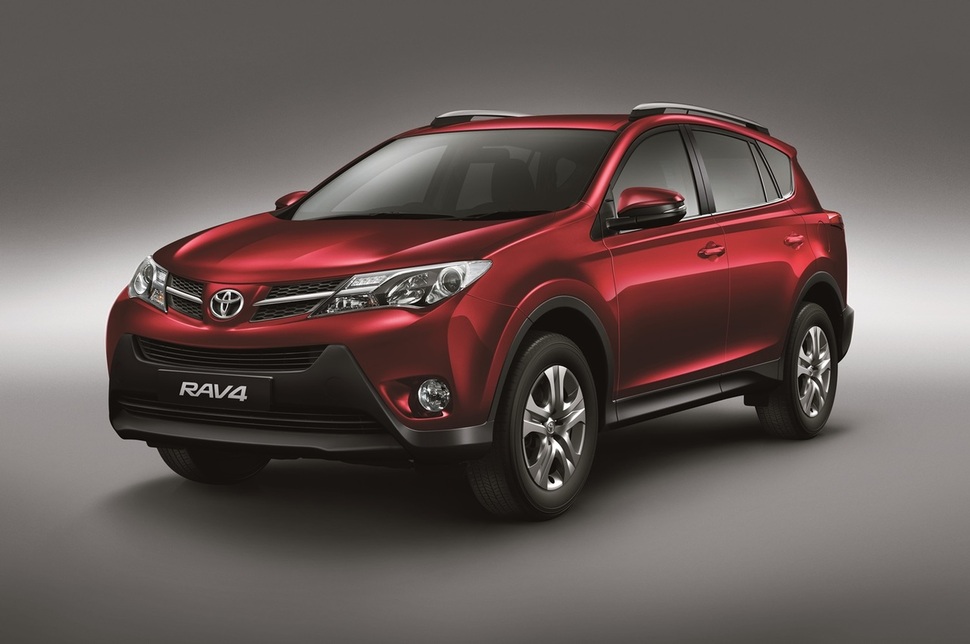 |
|
The Toyota RAV4
|
FTC fines Toyota Motor Korea for “deceptive advertising”
Since 2014, Toyota has been advertising its RAV4 sport utility vehicle in catalogues and press releases as having been selected as “safest” by the US Insurance Institute for Highway Safety (IIHS). But RAV4 vehicles sold in South Korea have different specifications from the ones sold by Toyota in the US and do not qualify as “safest,” an investigation shows. South Korea’s Fair Trade Commission (FTC, director Kim Sang-jo) announced on Jan. 15 that it was fining Toyota Motor Korea 817 million won (US$729,279) and issuing an order to suspend what it characterized as “deceptive advertising” according to the Act on Fair Labeling and Advertising. In its South Korean marketing of the 2015–2016 model of the RAV4, Toyota Motor Korea advertised it as having been selected as “safest” in the US. According to an investigation, the 2015–2016 RAV4 vehicles sold by Toyota in South Korea do not include safety brackets, which are present in the US-sold vehicles named as “safest.” But this difference between the US and South Korean vehicles was concealed and/or omitted by Toyota in its advertisements described the SUVs as having been selected as “safest” in the US. In a fine-print message at the bottom of the last page of its catalogue, Toyota wrote, “Photographs and content in this category may differ from the actual specifications of models released in South Korea.” The FTC contended that this message “is not directly connected to the advertised content,” adding that it would be “difficult for customers to understand the exact meaning.” Toyota was also found not to have advertised the RAV4’s selection as “safest” in other countries where it was sold without brackets. “South Korean consumers encountering Toyota’s advertising could misconstrue the domestically sold vehicles as having all of the same safety features as the ‘safest’ vehicle in the US,” the FTC said. “Toyota’s advertising poses the risk of undermining a fair transaction order by interfering with consumers making a rational purchasing decision,” it added. By Kwack Jung-soo, business correspondent Please direct comments or questions to [english@hani.co.kr]






